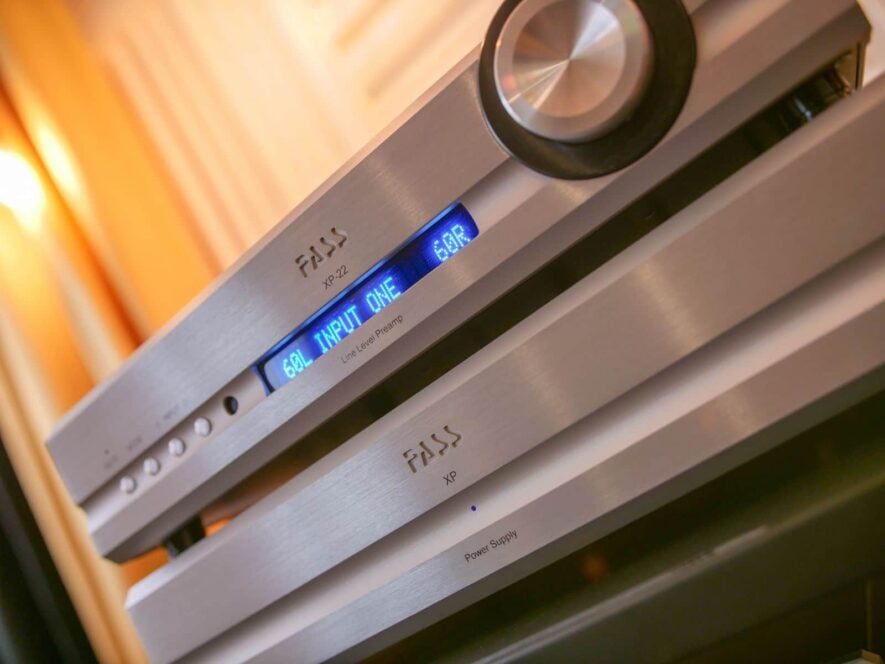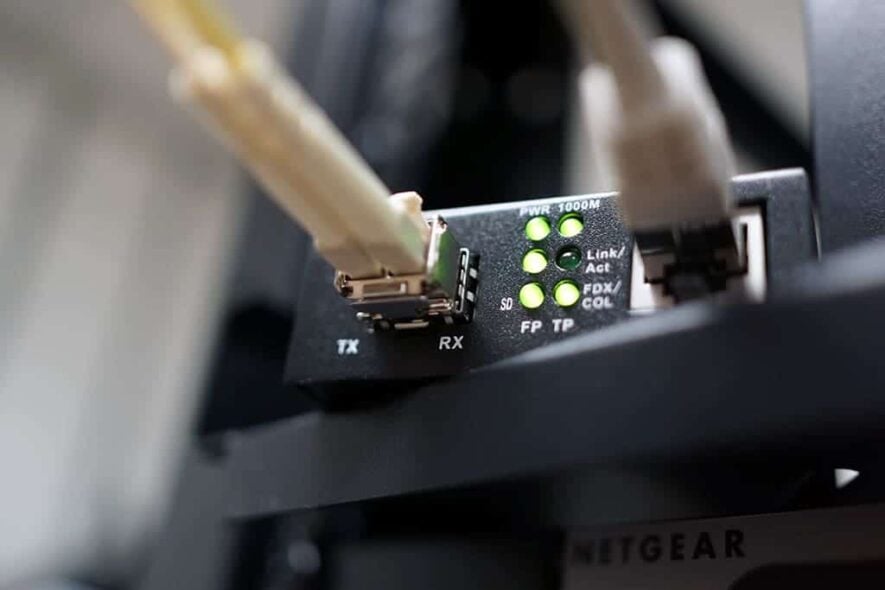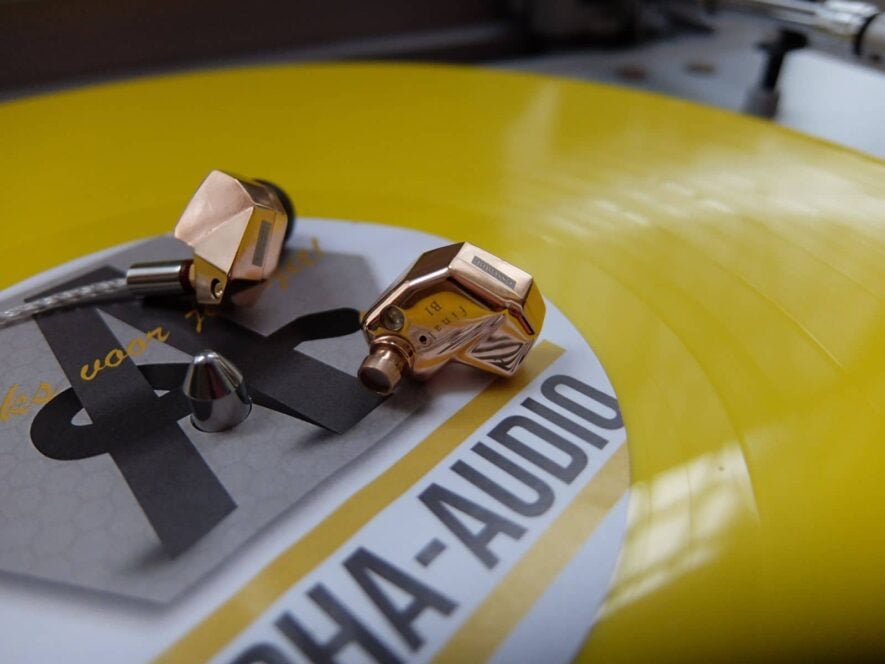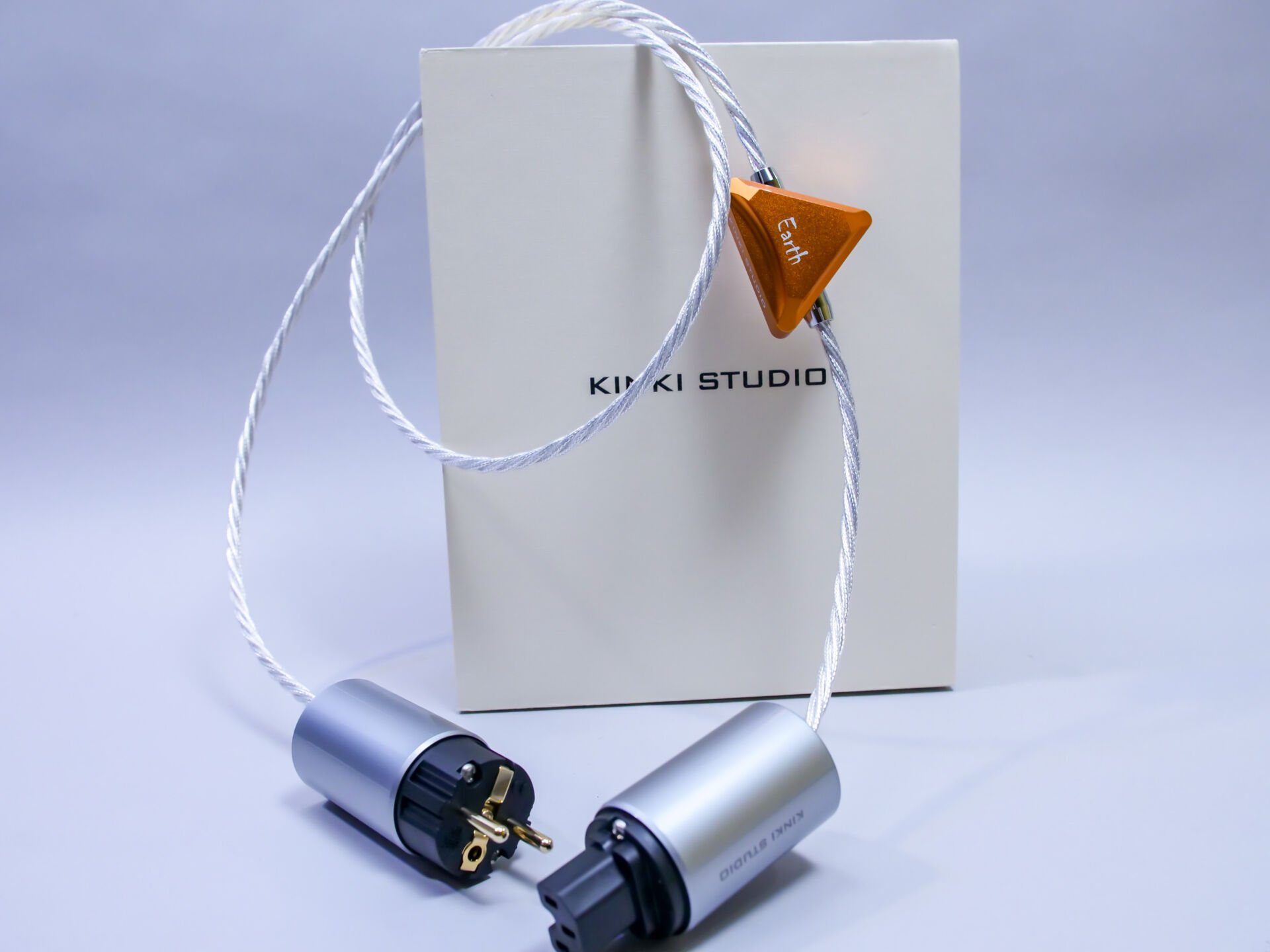

Intro
Contents
The first article in a series, at least that is the intention. Readers of this website have, I assume, chosen their equipment with care, in search of sound that can enrapture them. As a music omnivore, I listen to everything, but I grew up with a preference for classical music. In this series, I hope to pick some pearls from the huge catalogue of recordings and share them. Pearls, because the music is so beautiful. But also because recording technology serves to convey the musical experience as well as possible. Music that makes your personal, careful choice of hi-fi equipment sing. I do this on the basis of a theme and in this article the theme is ‘Sunday morning music’.
With a cup of coffee
Sunday morning, after breakfast with a cup of coffee and the weekend supplements of the newspaper on the sofa. The sun is shining, there is a light breeze, it is pleasant to be there. What music suits this state of mind? I want to share with you some recordings that I often play on Sunday mornings, or that evoke that feeling.
18 Scarlatti sonatas

Most of Scarlatti’s works that have survived are for piano. In his time, the piano was either an organ or a harpsichord. Shortly after his death, the fortepiano, the grandfather of our current piano, came into the picture. Why is that important? The technique of playing a harpsichord is different from that of a piano. The instrument sounds soft and sonorous and sounds fade out much quicker. The emphasis with the harpsichord is more on rhythm and the result is light-footed. The pianist has to respond to this with his unwieldy, loud-sounding piano.
Scarlatti writes his sonatas with a simple basic melody. Every sonata starts with the basic melody and then he varies this melody or introduces a countermelody to strengthen the basic melody. Undoubtedly, the fast pieces are written with the intention that the player can impress the listener with virtuosity. Nevertheless, the beauty and transparent construction of the music is central. It is easy to follow the music. Therefore, the music easily evokes an emotion in the listener.
If you make music yourself, then you know that nothing is as difficult as making transparent music sound transparent. Yevgeni Sudbin does that very convincingly. It is clearly audible in the sound that he plays a large piano, but the character is light-hearted. The recording puts the piano right in front of you, using the entire width of the stereo image to make the notes audible from low to high, without you getting the feeling that the microphone is hanging between the strings. It is a private concert at 3 metres distance.
The impact this has is that the music surrounds you like a warm blanket. Just listen to the fifth sonata on this recording, the sonata in d minor. It is played with bated breath, giving the simple melody a fragility that does not leave me unmoved every time. The fast pieces are very virtuoso and Sudbin plays it with an eagerness and enthusiasm that suggests he plays the Scarlatti sonatas mainly for his own pleasure.
Domenico Scarlatti : 18 sonatas – Yevgeni Sudbin, BIS BIS-2138, 2016







